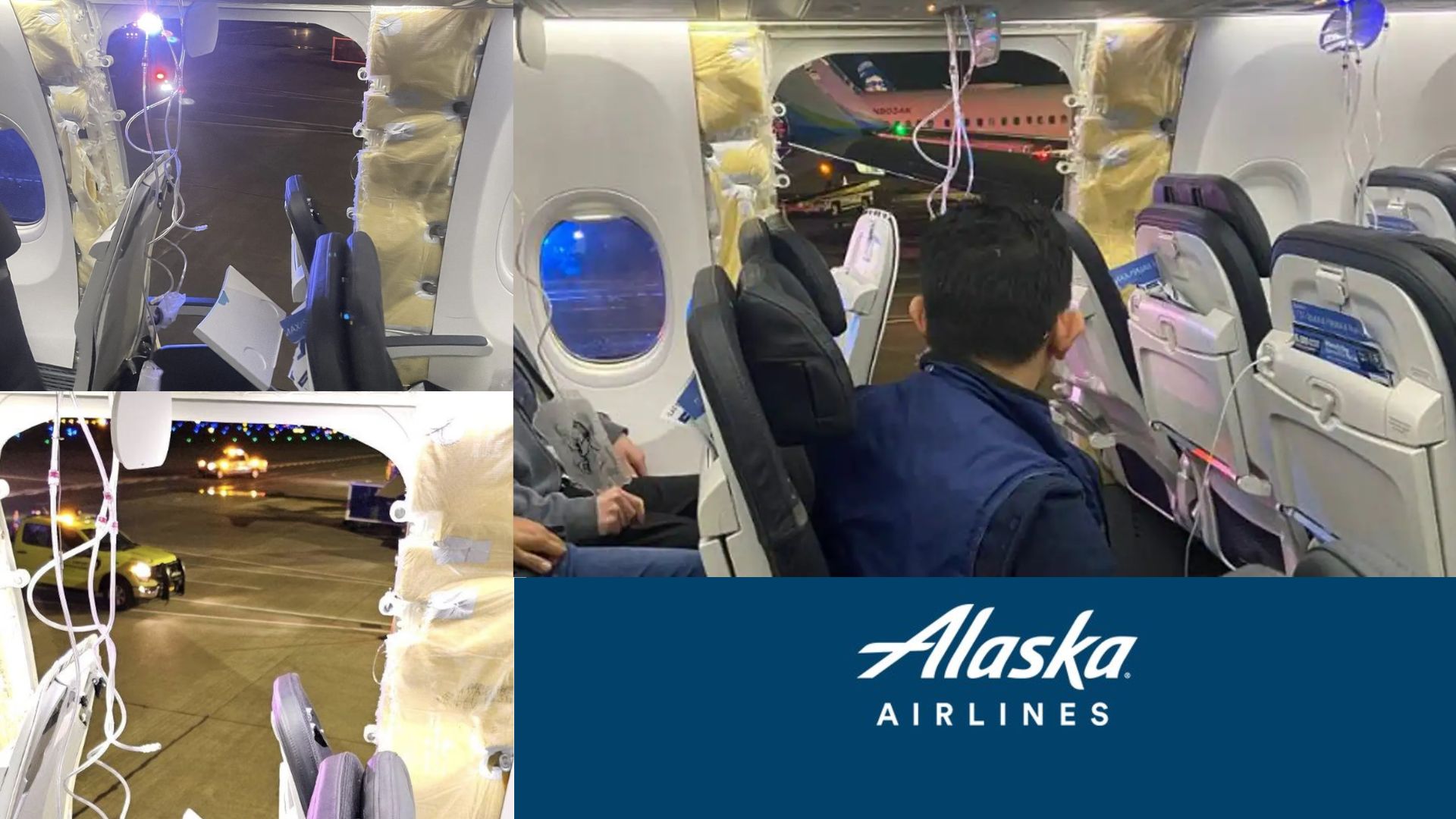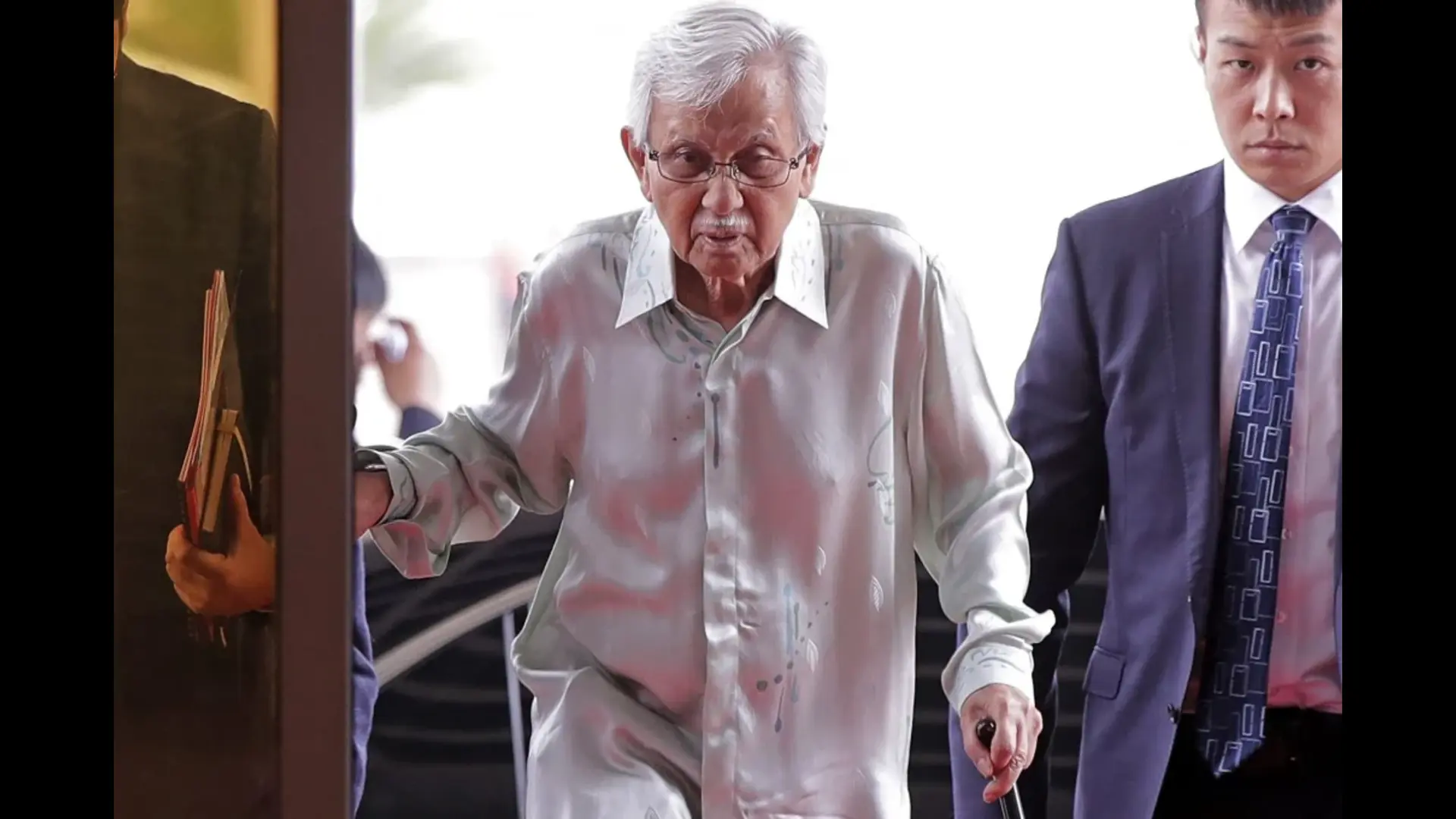Passengers aboard an Alaska Airlines Boeing 737-9 MAX experienced a harrowing incident as one of the aircraft’s doors blew open mid-air shortly after takeoff. Videos captured by passengers reveal the mid-cabin exit door completely separating from the plane during the emergency.
The affected flight, AS1282, was en route from Portland to Ontario, CA (California) when the incident occurred. Alaska Airlines promptly responded to the situation, assuring that the aircraft landed safely back at Portland International Airport with 171 guests and 6 crew members. The airline stated, “We are investigating what happened and will share more as it becomes available.”
The US National Transportation Safety Board (NTSB) has initiated an investigation into the event involving Alaska Airlines Flight 1282. According to real-time aircraft movement monitor Flightradar24, the plane reached a maximum altitude of 16,325 feet before being diverted safely back to Portland.
The Boeing 737 MAX involved in the incident was delivered to Alaska Airlines on October 1, 2023, and commenced commercial service on November 11, 2023, accumulating only 145 flights since then. Flightradar24 notes that the 737-9 MAX includes a rear cabin exit door positioned aft of the wings but before the rear exit door. Although these doors are activated in dense seating configurations to meet evacuation requirements, Alaska Airlines keeps them permanently “plugged” and non-operational.
The dramatic mid-air door separation raises concerns about aircraft safety, prompting a thorough investigation by aviation authorities. The incident marks another challenge for Boeing’s 737 MAX series, which has previously faced global scrutiny and temporary groundings following two fatal crashes in 2018 and 2019.
Passenger videos circulating on social media capture the intensity of the situation, emphasizing the importance of a swift and comprehensive inquiry to address potential safety issues and prevent similar incidents in the future. As investigations unfold, the aviation community will closely monitor the findings and any subsequent safety measures implemented by regulatory bodies.
















